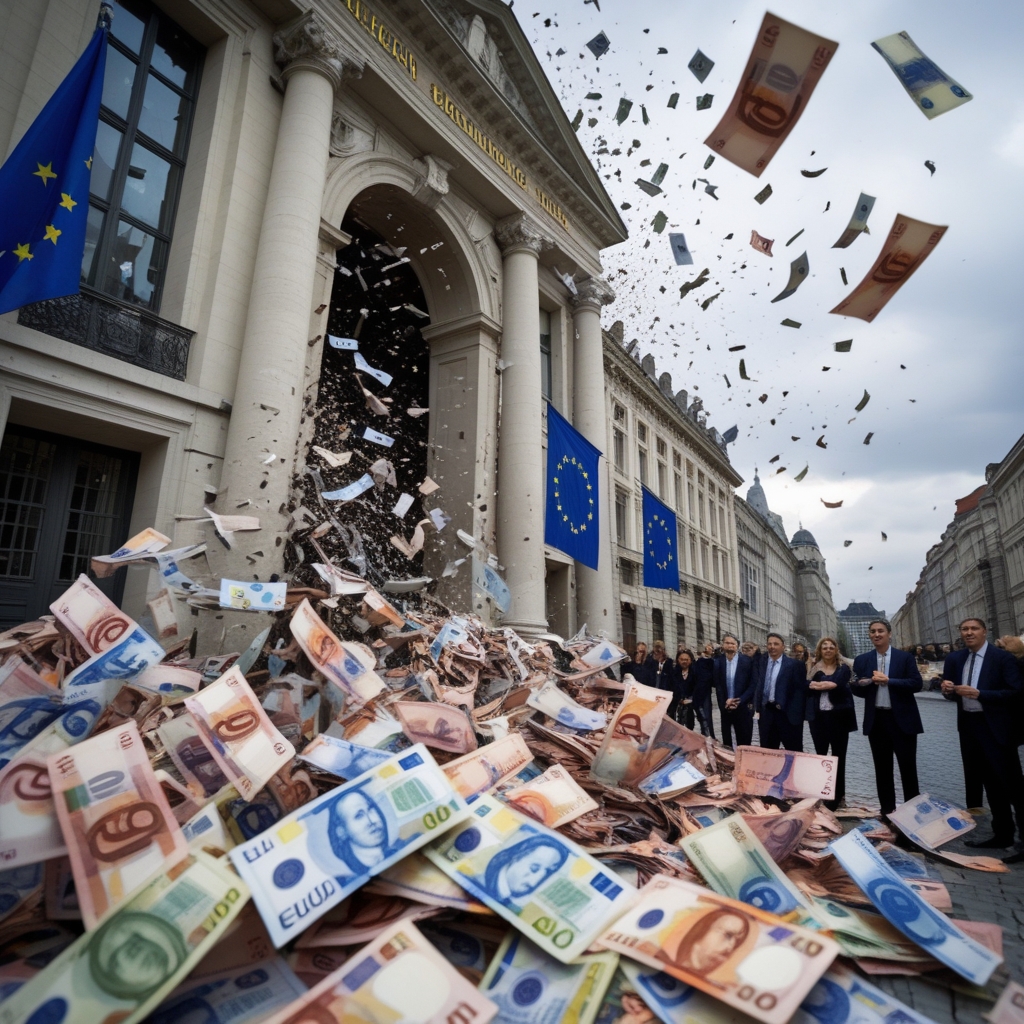European Union encountered fresh scrutiny over potential corruption in its funding allocations, as reported by various sources. The European Central Bank (ECB) and European Parliament discussions highlighted concerns about the management of the Recovery and Resilience Facility (RRF), which disbursed 650 billion euros in loans and grants since 2021 to support post-COVID-19 recovery in member states. A key issue emerged with the redirection of 335 billion euros, originally earmarked for climate and digital projects, now eligible for defense spending following a decision by the European Commission on June 4, 2025. This shift prompted an investigation into whether funds were misused, with audits revealing discrepancies in Romania, Hungary, and Bulgaria. Romania requested grants equivalent to 3% of its GDP, while Hungary has yet to submit payment requests, pending rule-of-law reforms including anti-corruption measures. Additionally, a separate probe into the NATO Support and Procurement Agency (NSPA) on May 20, 2025, led to the detention of five current and former employees—two Belgians and three Dutch, including a former Dutch Ministry of Defense official—for alleged corruption in arms deals. The European Parliament’s June 2025 plenary session emphasized a focus on rule-of-law issues, with statements planned on the NATO summit and the European Oceans Pact. The ECB’s latest projections indicate inflation at 2.0% in 2025, 1.6% in 2026, and 2.0% in 2027, though no direct link to corruption was specified. Investigations remain ongoing, with no final outcomes reported.
34news.online
34news.online

